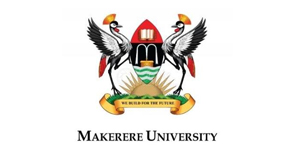Sorghum plants demo
Tagging of sorghum plants at one of the demo plots in Kalait subcounty read more



University-based Community Action Research for increasing viability of cereal-legume value chains towards improved nutrition and livelihoods in sub-Sahara Africa (UnicARSSA)
UnicARSSA contributes to sustainable food security through the aspects of crop diversification and the inclusion of resilient crops such as sorghum, millet and grain legumes in to the farming systems. Such crops can cushion farmers against adverse effects of climate change while providing their daily food and income needs. UniCARSSA covers the whole value chain from production where high quality manures and micronutrients are applied to degraded soils for their rehabilitation to a good mix of both high value cereals and grain legumes for family and community nutrition. For those crops, their nutritional value is later improved through the development of the RUSFs. We tackle the geographic area of food systems governance and farmer organisations by including the CARPs which are umbrella organisations of various farmer groups and hence greater impact.

Tagging of sorghum plants at one of the demo plots in Kalait subcounty read more

We are in the field checking on our experiments and assessing soil quality indicators farmers around use. Some good feedback... read more

We started off with field marking today for field experiments aimed at improving sorghum yields in degraded sandy soils using... read more

Mixing ash, to be used as on one of the local resources to improve pH in Asinge village; Kwapa sub... read more

Focus group discussion underway with the poor wealth group in Busitema, Busia District this morning read more

Day 5 at Busitema sub-county for a FGD on household economy and the contribution of cereals and legumes to livelihoods. In... read more

In Kenya and Uganda, challenges of food & nutrition security (FNS) and rural poverty remain major concerns. Declining soil fertility,... read more








